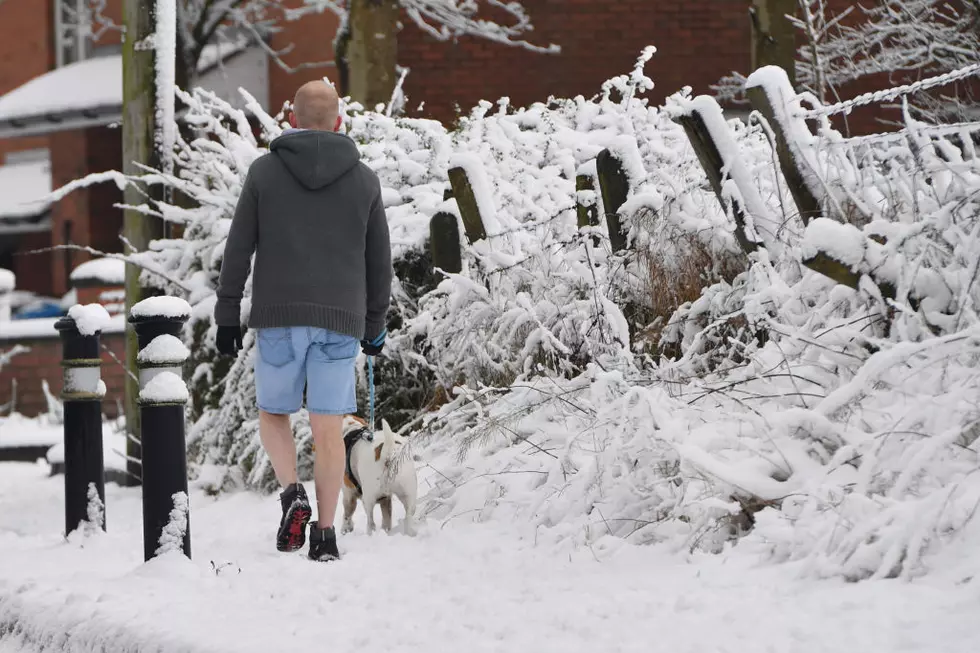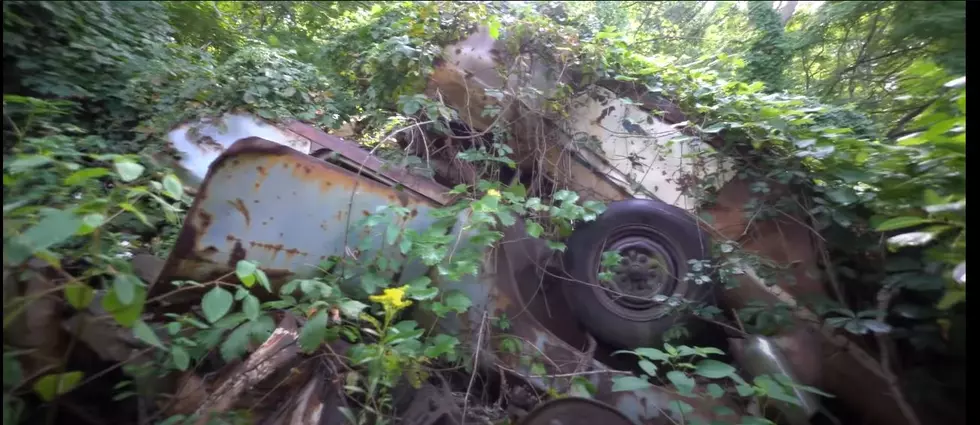
Michigan Deer Hunters Donate to Food Banks
Firearm deer season has begun in Michigan.
Many hunters are donating venison to local food banks and soup kitchens as part of the Michigan Sportsmen Against Hunger program.
The Michigan Sportsmen Against Hunger program is a collaboration between the Department of Natural Resources and a number of conservation groups, designed to help hunters share their bounty with the less fortunate. Participants can donate an entire deer, a certain number of pounds of venison, or can simply make a monetary donation to support the program.
“We had around 30,000 pounds of venison donated through Sportsmen Against Hunger last year,” said Ray Rustem, who coordinates the DNR’s participation in the program. “Between the two buck tags and antlerless permits, some hunters are able to harvest multiple deer but don’t necessarily want or need that much venison in the freezer. By participating in the program, they are able to help feed the hungry while continuing to enjoy their sport.”
Since 1991, Sportsmen Against Hunger has helped connect wild game processors with hunters by providing a list of the processors that participate in the program. Hunters can simply drop off their deer at one of the facilities and the program will reimburse the processors $1 per pound for the venison that goes into the program.
“What’s an average deer produce for hunters, about 40 pounds of venison?” Rustem asked. “It costs more than $40 for most hunters to have a deer processed, so not all of the processor’s time and expense is being reimbursed with the $1 per pound they receive. They effectively end up donating that lost profit and we really appreciate their willingness to do so.”
Barb Haveman, who runs Barb’s Meat Processing in Comstock Park, said she’s already processed five deer for the program this year.
“There are so many people without food – folks who are disabled or are just trying to make ends meet. Who wouldn’t help somebody out like? There are a lot of people who can’t afford meat. People are tickled to death to get the venison.”
Haveman said she usually charges $75 to $80 to process a deer. At the reimbursement rate of $1 a pound, she barely meets her expenses – let alone makes a profit – when she processes a deer for Sportsmen against Hunger.
“I still do it anyway,” she said. “It helps so many people. It just gives you a good feeling to help somebody.”
Hunters who don’t have an entire deer to donate can participate in the program by donating a pound of their ground venison when their deer is processed. Some meat processors only participate in the Give-A-Pound option rather than processing entire deer, to hunters should check the list of participating locations and what services they offer before bringing their deer in.
Dean Hall, the president of the Michigan Bow Hunters Association, has been managing the Sportsmen against Hunger program for eight years. He’s seen the program grow on an annual basis.
“Participation numbers and donations are getting to the level we’d like to see, but of course we hope it will continue to be even more effective,” he said. “We definitely understand when people want to keep their deer to feed their families, but a lot of hunters will fill one tag for themselves and then take an additional deer – especially if they have doe permits.”
“As awareness of the program spreads we’re seeing more participation from hunters, especially those who have harvested more than one deer,” Hall said. “Sportsmen Against Hunger helped feed 150,000 families statewide last year. Hopefully we’ll exceed that this year.”
Hall said there are a handful of areas in the state where participation numbers are higher than others – the Thumb, southern central Michigan, Kent County and Macomb County all particularly stand out.
“Over in Kent County, Barb’s Deer Processing really puts a lot of deer through the program, every single year,” Hall said. “The owner and the workers at that facility put 110 percent effort into making sure that they’re there to process the deer that people want to donate.”
There is a fear, Hall said, that because of the reduction of available antlerless deer licenses available in a number of areas this year, that there may be fewer deer donated this season. To make up for the potential deficit, Hall said his group is making an extra effort to reach out to landowners who have Deer Management Assistance Permits, asking them to remember the hungry this season when they fill their permits.
“Keep in mind two things,” Hall said. “The donation of deer is very important to feed the hungry. It’s staggering how many people are working but remain below the poverty level and who have to depend on food assistance.
“And the second most important thing is when you purchase a hunting or fishing or trapping license, right then and there you can donate a dollar to the Sportsmen against Hunger program. If the license vendor doesn’t ask you if you want to donate, go ahead and tell him you want to donate.”
An administrative change in the DNR’s license sales system has made donating at the point-of-sale easier this year, Rustem said.
“In the old days, the system treated the donation as a separate license and vendors had to go back into the system and order the additional license,” he explained. “This year, we reduced the number of steps it takes to make a donation to one. That makes it much easier for hunters to donate.”
Current records show that sportsmen have responded well to the change.
“We think the program will hit around $70,000 in monetary donations this year,” Rustem said. “In the past we collected about $25,000 a year.”
“Knowing that the program will provide a minimum of 60,000 pounds of venison to those who utilize Michigan’s food banks and soup kitchens this year is pretty astounding, and is something our hunters can be very proud of.”



